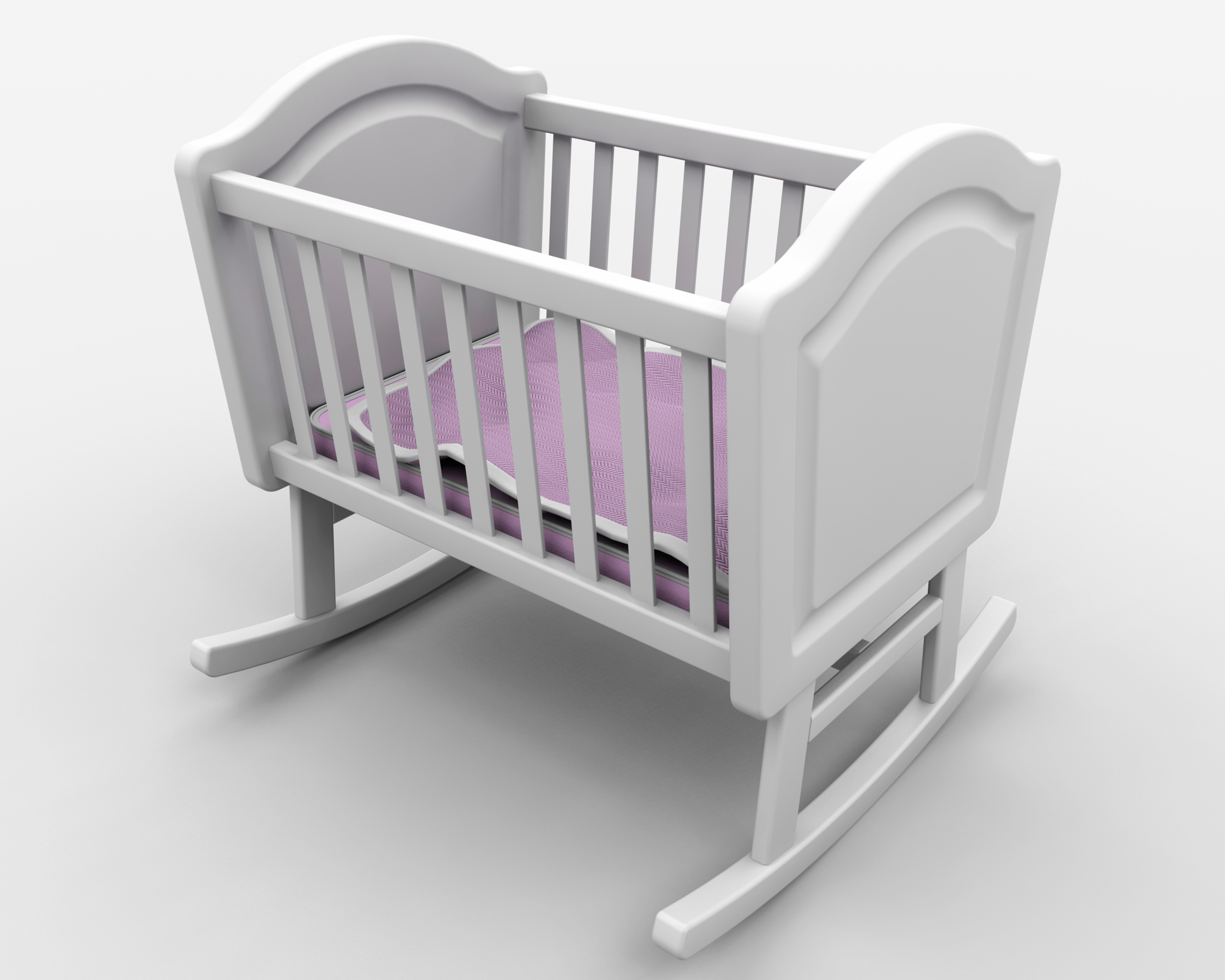HOUSTON (KTRK) — Miscarriages can be devastating for couples who are hoping for children, and it’s especially hard when a woman has repeated miscarriages. But now there’s a high-tech procedure to help avoid repeat miscarriages and save parents-to-be from heartbreak.
Victoria is five months old. But at one point, her mother wasn’t sure she would ever be able to have a baby. Charlotte had six miscarriages before she deliver Victoria.
“It was frustrating because you’re pregnant the you’re not, you’re pregnant you’re not,” Charlotte said.
Chromosome abnormalities are one of the top reasons for miscarriages. But at Houston IVF at Memorial Hermann Memorial City, women who have had multiple miscarriages are being offered a new technology that allows infertility specialists to find the embryo most likely to survive.
“We can actually find the embryos that are chromosomally normal and only transfer the normal ones back,” Houston IVF Dr. Timothy Hickman said.
They biopsy the outer cells, not the embryo itself. That makes the test less invasive and more accurate. Read full article.
